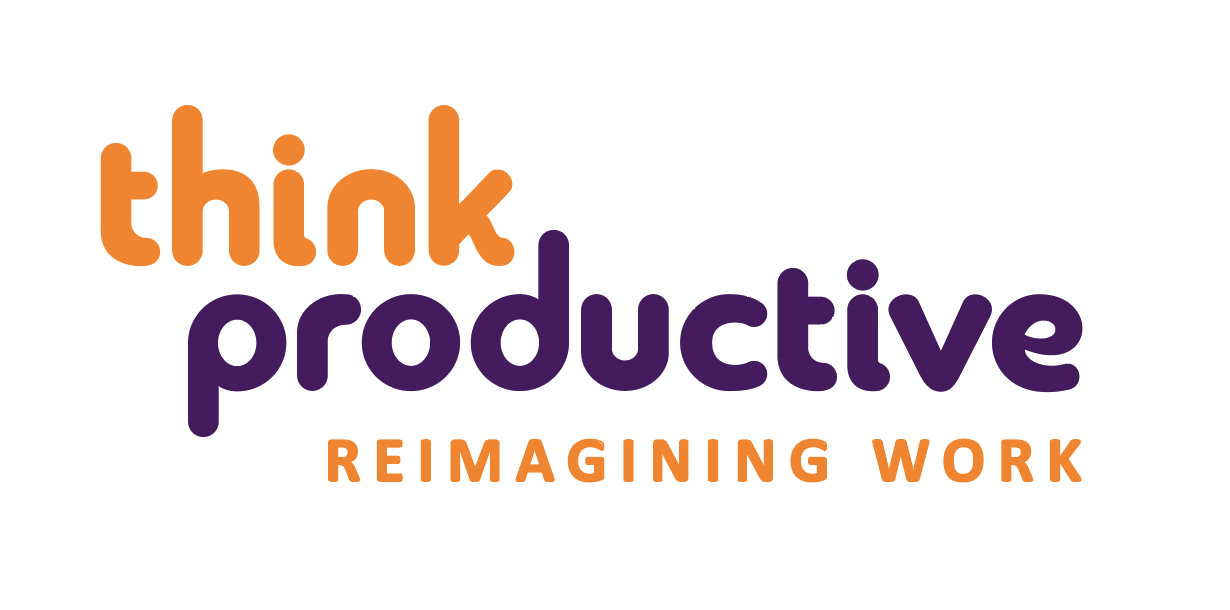I’m two weeks in to my 60 MINUTES experiment. As I expected, this has been the most challenging one so far. I’m asking myself a lot of questions, experiencing stress for the first time in a long time and wondering what all this means for the future of my work and the future of work in general. Here’s a few learning points…
Stress comes from your perception of control, not actual control
It’s been a long while since I’ve felt THIS out of control! In the midst of writing and editing my book, around this time last year, I had a few weeks that were frantic, messy and chaotic. Since then, when work resumed on a normal rhythm (and for about 2 years before this), I would have moments of stress over certain issues, but would rarely experience genuine work-based overwhelm.
At the moment, knowing that I don’t have long enough to take control of the thinking, go through my daily and weekly checklists in the proper way and get perspective, I’m feeling pretty stressed. My wife remarked “only you could go down to working an hour a day and feel MORE stressed..!”. I know a few things are behind schedule, but really nothing life-changing. And much of my feeling out of control is fuelled by guilt: “everyone’s waiting for me“, “there’s stuff I need to be delivering“, “things will collapse“.
What “things”, Graham?
I couldn’t tell you that, obviously. But “things“, OK!
There’s an important lesson here. Our confidence and ability in regaining control is more crucial than being in control. We can be in control, but if we don’t feel in control, we’re stressed. We can be out of control, but if we know how to get back in control, we can remain calm. Most of us expect our jobs and lives to increase in complexity as either information overload continues, as we head higher up the career ladder or as our roles or organisations grow. Under those circumstances, how we manage our own psychology becomes a bigger part of the productivity puzzle than ever before.
60 minutes is too short… but not that much too short
The truth is, I’m struggling to stay above the surface in an hour. But even in the midst of this wilfully-induced chaos, I’m noticing that I’m not that far from being on top of things. If I had, say, 2 hours a day and worked even more ruthlessly, could this be…. viable and sustainable? Certainly 3 hours a day right now feels like a luxurious stroll in the park, which is an interesting concept to play around with. Why am I making such a distinction between one hour, and two or three hours? well…Yes, 60 minutes to do all my Think Productive UK work is ridiculous. It’s designed to be. We learn from extremities. I love a challenge. And I also have some intensive marathon training to do in March, so it seemed like as good a time as any..!
Set up takes me 30-45 minutes a day
What I’ve really noticed this month is how much time set-up and maintenance is costing.
> I had a plan to outsource my emails this month, which for various reasons hasn’t happened.
> I’m trying to keep up with the regular office communication and daily huddles (which have become sporadic but not completely ruined by the last two weeks).
But I think whatever we do, it takes us 30-45 minutes to shift our attention into purposeful, proactive attention. Once ‘in the zone’, a sustained and ruthless 90 minutes, practised seven days a week, could prove a very effective way of working. Better still, since days off require no set-up time, reducing the work into four or five periods of three hours would be worth considering. Despite having worked a 4 day week at Think Productive UK for the last year or so, I don’t think I’ve ever broken work down in this way before, and whilst I don’t think I’ve cracked it yet, it’s certainly getting me thinking.
Thinking and doing are better separated
Finally, this month has confirmed in my mind the power of separating the thinking from the doing. I tend to be quite reflective and strategic, so I want all the thinking done first, before I start. I want to know what the task and the final outcome are before I get going.
With a full day to play with, it’s easy to get lost flitting between thinking and doing. With only an hour, I’ve been trying to do ten minutes of thinking and then “boom!”, fire the starting gun and get to work. It’s important to get thinking out of the way, so that you can feel present and in-the-moment with whatever you’re doing. No resistance, no distraction, no uncertainty.
Having only ten minutes to think and only 50 minutes to do heaps a whole load of pressure onto both, but as I said earlier, maybe even a very short additional period of time, on top of 60 minutes, is really all we need…
…the truth is, this month is forcing me to answer the question “what am I prepared to let go of?”. What am I prepared to relinquish control of? What parts of my work really matter versus what’s nice to have but not essential.
Ultimately, productivity is always much more about what being comfortable with what you choose not to do than it is about what gets done.
Like this? Try these
Try one of our How To Get Things Done workshops – great for increasing productivity
Tell us your work life balance secrets – join the conversation onFacebook
———————————————————————————————————————————

